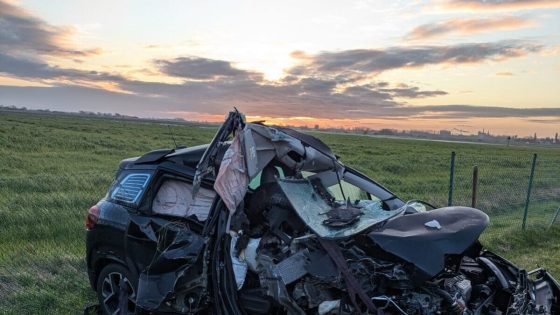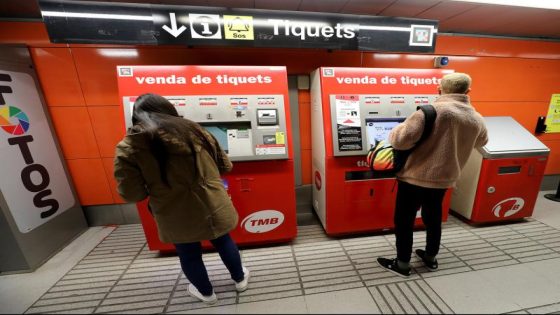A minor in Palma has been arrested for creating nude images of classmates using artificial intelligence. This incident raises serious questions about the ethical implications of AI technology in schools. On February 16, 2025, the authorities took action against the individual, highlighting the urgent need for awareness and education about digital privacy.
- Minor arrested in Palma for AI-generated images
- Inappropriate use of AI technology highlighted
- Victims are classmates of the perpetrator
- Legal implications of AI misuse discussed
- Media coverage from multiple news outlets
Concerns Rise Over AI-Generated Images in Schools and Their Impact
How can we protect students from the misuse of technology? The arrest of a minor in Palma for creating explicit images of classmates using AI has sent shockwaves through the community. This incident emphasizes the necessity for educational institutions to address the potential dangers of artificial intelligence and digital privacy.
Understanding the Risks of AI Technology in Education
The growing use of AI in schools presents both opportunities and challenges. While it can enhance learning, it also raises concerns about privacy violations and the creation of harmful content. Schools must implement robust policies to safeguard students against such risks.
Key Issues Surrounding AI and Student Privacy
Several critical issues arise from the use of AI technology in schools:
- Increased risk of cyberbullying through AI-generated content.
- Lack of awareness among students regarding digital privacy.
- Need for comprehensive policies to address misuse.
- Importance of educating students about ethical technology use.
Steps Schools Can Take to Mitigate Risks
To protect students, schools can adopt several measures:
- Implement educational programs on digital ethics.
- Establish clear policies against the misuse of AI.
- Encourage open discussions about the consequences of digital actions.
- Provide resources for students to report incidents safely.
In conclusion, the incident in Palma serves as a wake-up call for educational institutions worldwide. By fostering awareness and implementing proactive measures, schools can create a safer environment for students in the digital age.






























